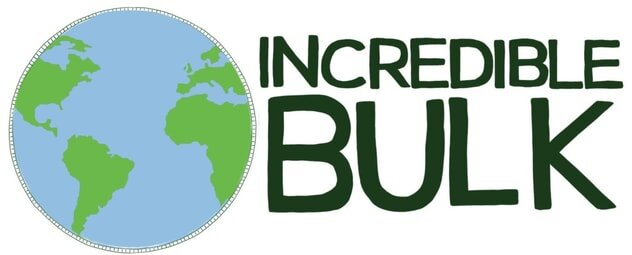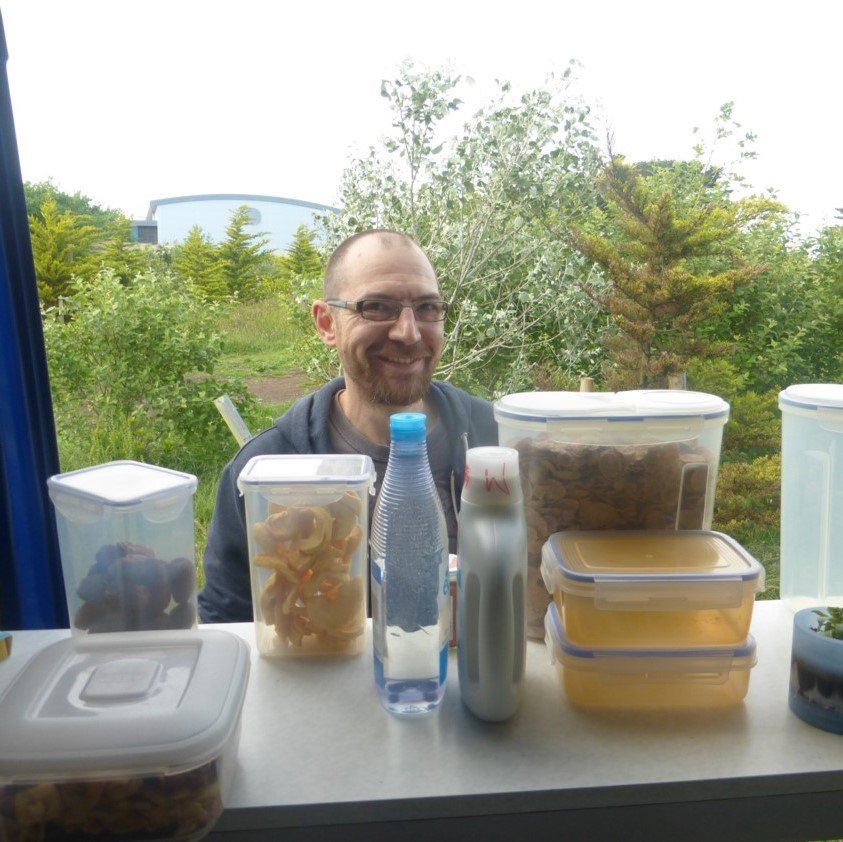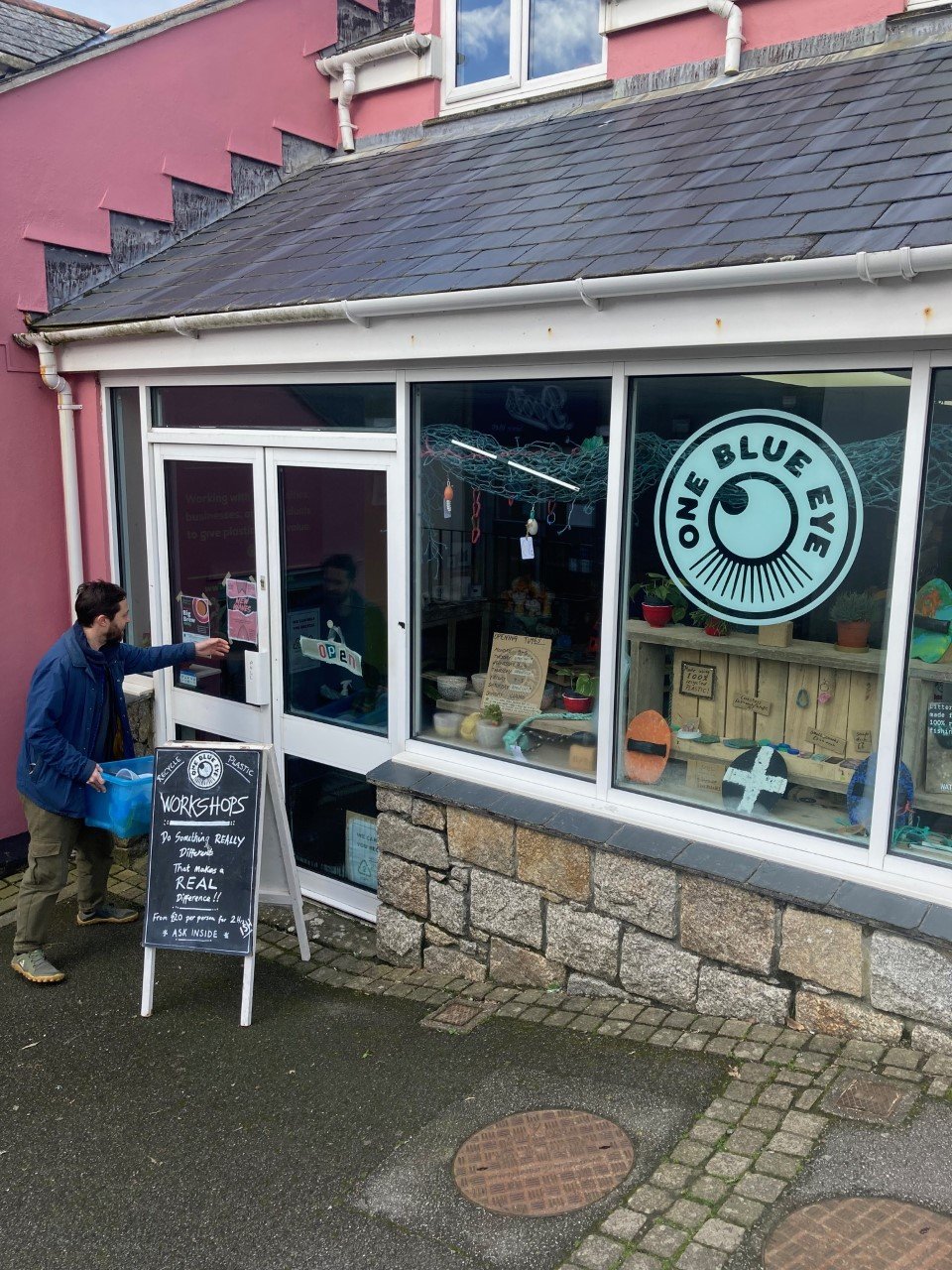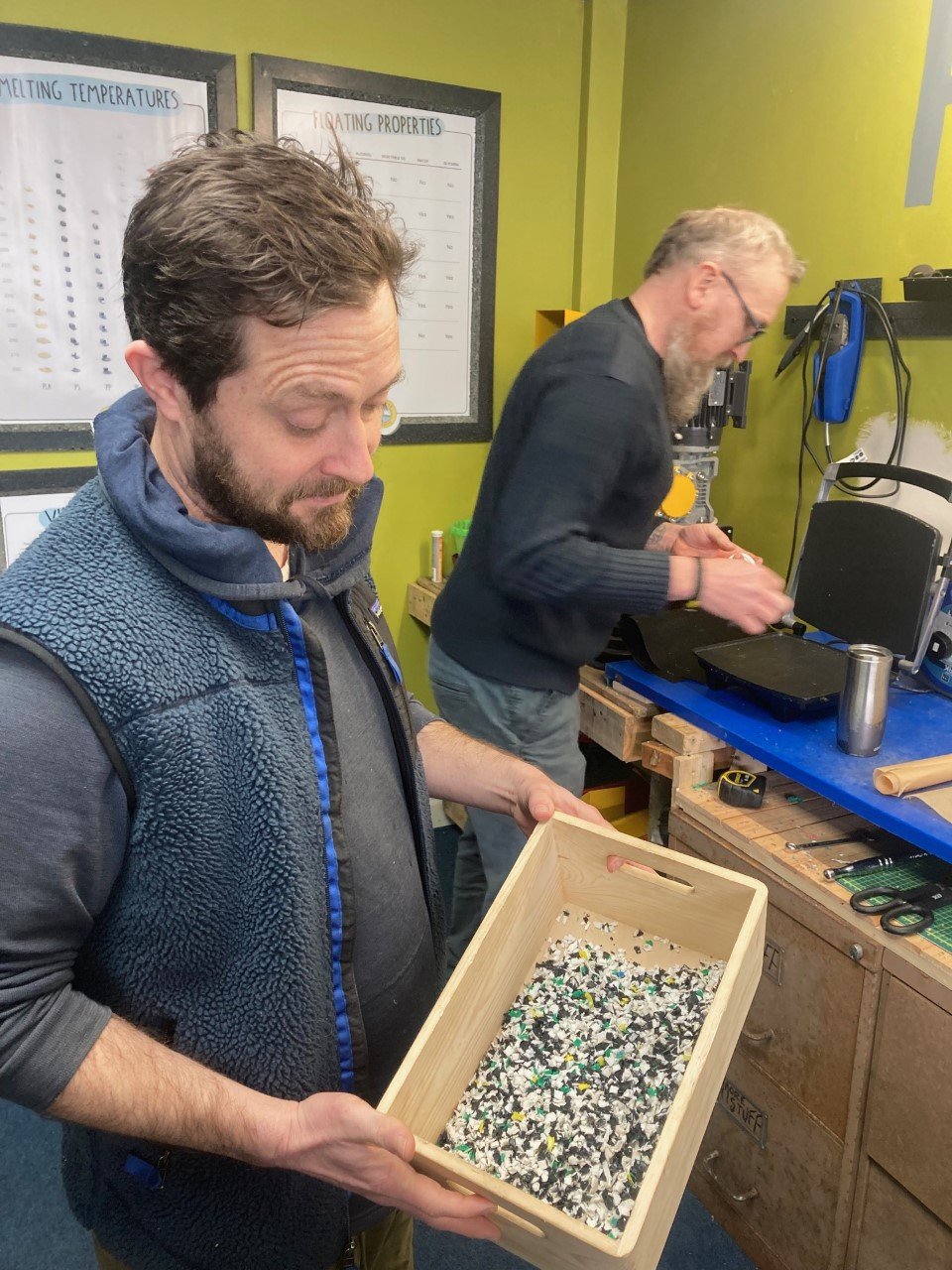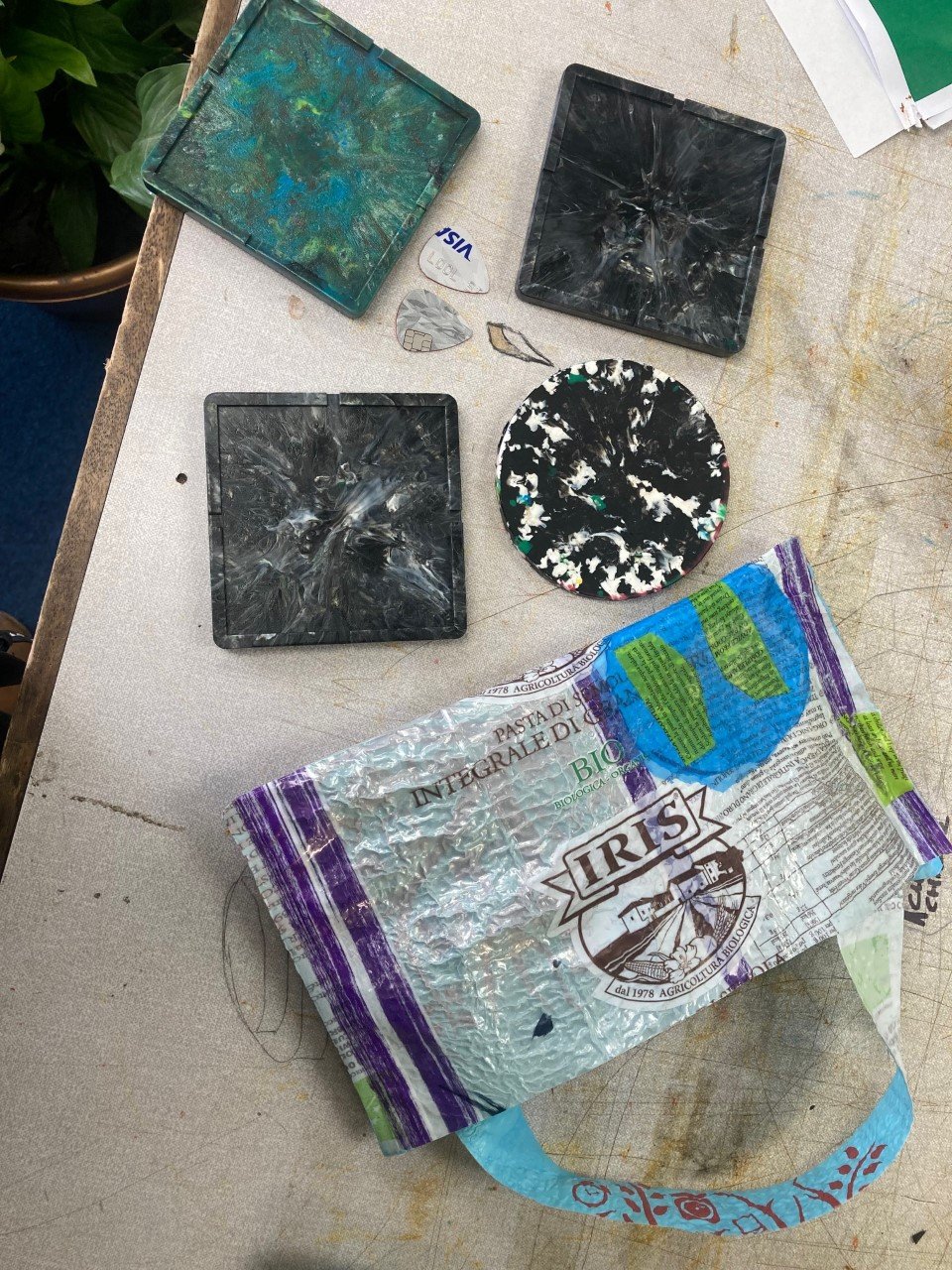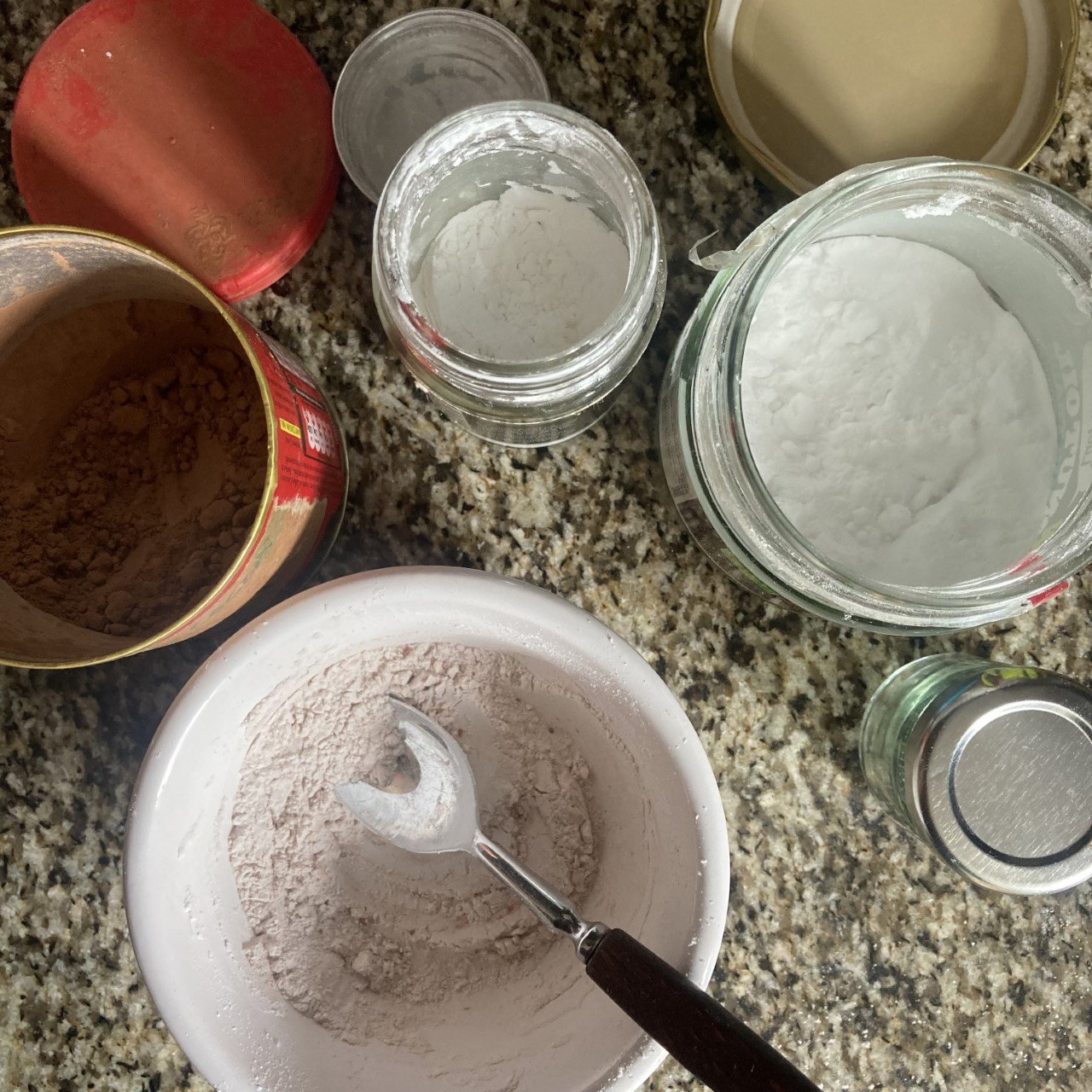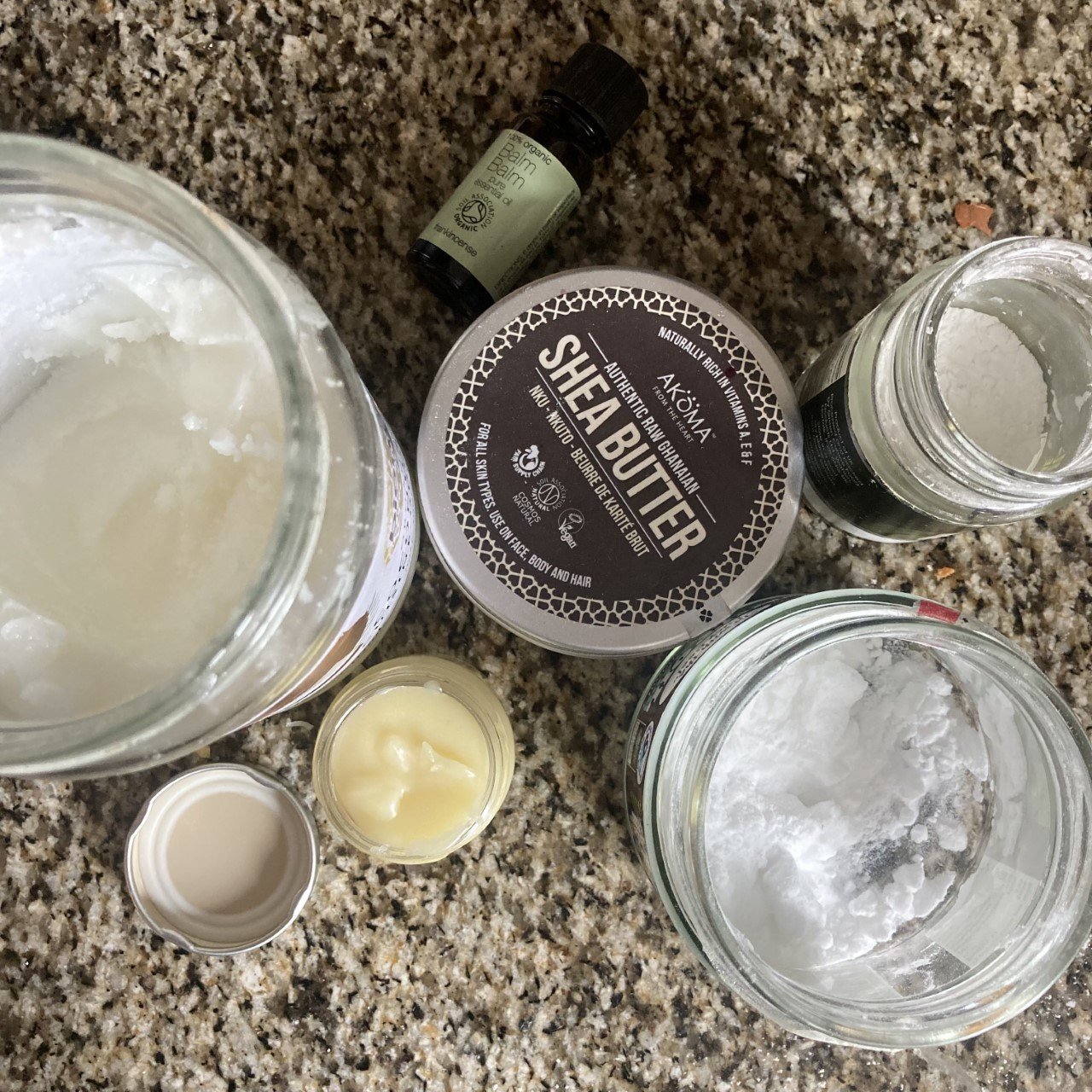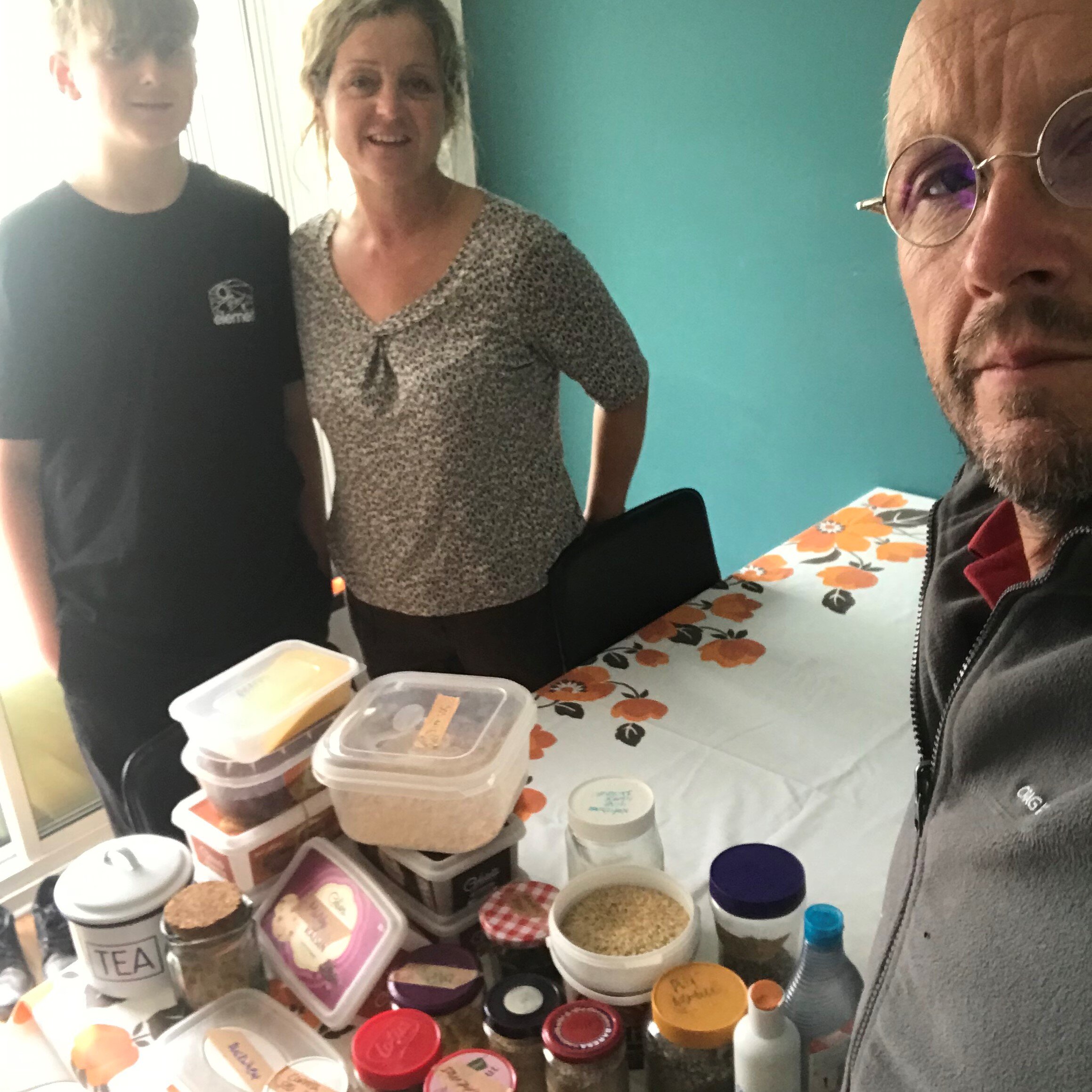The zero waste journey is all about becoming a more conscious consumer.
When it comes to home cleaning products the journey may begin with wanting to avoid single-use plastic but much like the story of plastic and how it became ubiquitous in our lives and how we are now just beginning to discover the harmful effects of this, the history of manufactured chemical substances, often found in popular household cleaning products is much the same, which can be another motivator behind making your own or seeking out eco-friendly alternatives.
Unfortunately many ready made cleaners have potentially harmful toxic chemicals in them. Much like plastic, the volume of chemicals used in commerce increased a great deal during the 20th century. In just 25 years between 1970 and 1995, the volume of synthetic organic chemicals produced tripled, from about 50 million tons to approximately 150 million tons. And today it is much more, according to one estimate, global sale of chemicals has increased by a factor of about 25 since 1970. We now have a huge diversity of chemicals being used, especially in consumer products and building materials, with manufactured substances replacing natural materials. One estimate is that chemicals are used in 96 % of manufactured materials and products.
Alongside the growing number and volume of chemicals produced, there has been growing concern over chemical exposure. With a greater understanding of how chemicals move though the environment—via both air and water and sometimes over quite long distances—and how chemicals that are used in products may make their way into human bodies. Medical science has shown, for example, that a number of specific chronic diseases are on the rise in the human population despite an overall trend of reduction in chronic disease. For instance, childhood cancers and leukaemia are becoming more common, as are infertility and other reproductive problems and learning and developmental disabilities.
In a recent study that took place at the University of Bergen researchers followed more than 6,000 people over a 20 year period and found women in particular suffered significant health problems after long-term use of cleaning sprays. The study noted that lung function decline in women working as cleaners or regularly using cleaning products at home was comparable to smoking 20 cigarettes a day over 10 to 20 years.
Main chemicals to look out for are: Formaldehyde, Household Ammonia, Chlorine, Synthetic Fragrances, Titanium dioxide, Benzisothiazolinone (BIT), Phosphates, E.D.T.A. (ethylenediaminetetraacetic acid), Methylisothiazolinone (MI) and Methylchloroisothiazolinone (MCI), Triclosan.
There are two common natural, non-toxic ingredients that have been used throughout history (both referenced and found since 3500BC being used by the Egyptians) that can be used in a multitude of home made cleaning products, these are vinegar and bi carbonate of soda. Both of these have different cleaning powers which make them great to use both individually but also together. But how and why do they work?
Vinegar: Vinegar’s acidity is what makes it such a good cleaner. Most vinegar’s are the result of a double fermentation, where sugar is turned to alcohol and then alcohol is turned into acetic acid. For example apple cider vinegar comes from the fermentation process of apples, balsamic vinegar from grapes etc. White Vinegar is slightly different in that it is usually made of laboratory-produced acetic acid combined with water. Acetic acid isn’t the only compound in vinegar, but it’s the one that makes vinegar acidic. With a pH of 2.4, distilled white vinegar is the most acidic which makes it a potent cleaner, but can sometimes be too strong for some types of cleaner so you can either dilute with water or use a milder vinegar such as apple cider.
Because vinegar is so acidic, it can counteract grease and grime buildups; dissolving soap scum, brines left by hard water, and glue left behind by stickers. It’s great for windows, non-waxed floors and finished wood panelling. It’s also a good stain remover as most stains are slightly acidic so will dissolve away when introduced to another acid. There are a few materials you shouldn’t use vinegar on due to its acidic content : stone (just use dish soap) , cast iron (just water is best) , aluminium (water is best), hardwood floors, waxed or unfinished wood (soap is best).
Bi Carbonate of Soda: Bi Carb is the opposite of vinegar and is an alkali, which is key to understanding why it’s such a good cleaner. There are 3 keys ways bi carb can clean:
1) It absorbs odours as most odours are acidic and, because bi carb is basic, it reacts with the acids in the air to neutralise them
2) It reacts with acid so works well with vinegar for unblocking drains and cleaning tough dried on stains
3) Its abrasive, which gives it the grit to dislodge particles and remove stains from a number of surfaces
These two products are both inexpensive and offer over many ways to clean our homes! If you are interested in trying these out take a look at our many ways to use vinegar and bi carb around the home blog post and our DIY guides that include a surface cleaner, room spray, shoe deodorisers and a few more!
Haven’t got the time to start exploring making your own? Not to worry, we also stock a great range of home cleaning products from Bio D and Sesi. Bio D is a UK, family owned business who specialise in making cleaning products from naturally derived ingredients, avoiding harmful toxic chemicals. Sesi is an oxford based social enterprise offering a completely circular service for refills. Creating sustainable earth friendly products and providing them in containers that can be sent back to them to be used again.
We buy all in bulk which means you can bring along your own reusable containers to refill and avoid single-use plastic packaging.
Take a look at Bio D cleaners available in the van:
Floor Cleaner
from Sesi:
All Purpose Cleaner
Washing Up Liquid
Toilet Cleaner
Dishwasher Powder
As well as our Glass and Mirror Tablet from Skosh.
Information from:
Kitchn
Identifying and Reducing Environmental Health Risks of Chemicals in Our Society
Independent
Healthy House
Bio D
Sesi
Back to Blog homepage
